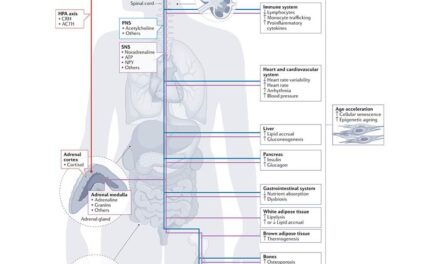Understanding the Role of Protein Supplements in Women’s Fitness
In the realm of health and fitness, one question continues to stir debates and concern, particularly among women: “Does protein powder lead to weight gain?” This query, often fueled by fears of bulking up or adding unwanted kilograms, has sparked confusion. However, recent studies shed light on the potential benefits of protein powder when used judiciously, debunking common misconceptions.
Protein Powder’s Purpose and Plant-Based Ingredients: Protein powder serves to supplement the body’s protein requirements, crucial for various fitness goals, from weight loss to muscle tone. Typically derived from organic sources like Pea Protein Isolate, Brown Rice Protein, and Quinoa, protein powder offers a balanced formulation of premium-quality ingredients.
Dispelling Fat Concerns with Plant-Based Benefits: Contrary to popular belief, protein powder consumption does not inherently lead to fat gain. Most protein supplements are low in calories, containing minimal fat while providing a significant protein boost. Moreover, certified clean protein powders often include essential multivitamins, minerals, and Ayurvedic herbal extracts, promoting weight control, increased metabolism, and lean muscle development.
Smart Dietary Choices and Plant-Based Protein Sources: The key to effective weight management lies in balanced dietary choices complemented by plant-based protein sources. Legumes like lentils, chickpeas, and beans, along with versatile grains like Quinoa, offer rich protein and fiber content. Additionally, nuts and seeds such as almonds, chia, and flax seeds provide essential nutrients and healthy fats, supporting overall health and fulfilling women’s protein needs.
Lifestyle Integration and Exercise: While protein powder can aid in achieving fitness goals, it is essential to integrate it with regular physical activity for optimal results. Engaging in at least 30 minutes of exercise daily contributes to weight control and overall well-being. India offers a diverse array of fitness options, from traditional practices like yoga to regional sports and dance forms, catering to individual preferences.
Timing and Intake Methods, Including Plant-Based Milk: The timing and method of protein powder consumption significantly impact its effectiveness. Post-workout consumption with water or low-fat milk, including plant-based alternatives like almond or coconut milk, supports muscle recovery and aids in weight management. However, prudent intake is crucial, aligning with individual protein requirements based on factors like age, weight, and activity levels.
Understanding Weight vs. Fat Gain and Clean Protein: Achieving optimal body composition involves managing body fat percentage through balanced nutrition and exercise. Clean protein supplements play a pivotal role in this process, contributing to fat loss while building lean muscle mass. While weight loss may progress differently for men and women, informed dietary choices and regular exercise are key to achieving desired outcomes.
Certified Clean Protein Powders for Women: Choosing certified clean protein powders tailored to women’s holistic nutritional needs ensures optimal benefits. These formulations are free from preservatives, soy, GMOs, added sugar, gluten, and artificial sweeteners, enriched with essential nutrients and Ayurvedic herbal extracts for enhanced well-being.
In conclusion, the myth surrounding protein powder and weight gain in women is debunked. When integrated sensibly into a comprehensive fitness regimen, protein supplements, particularly those with plant-based ingredients, can serve as valuable allies in achieving health and fitness goals. Understanding the significance of body composition and making informed dietary choices empower women on their fitness journey.











